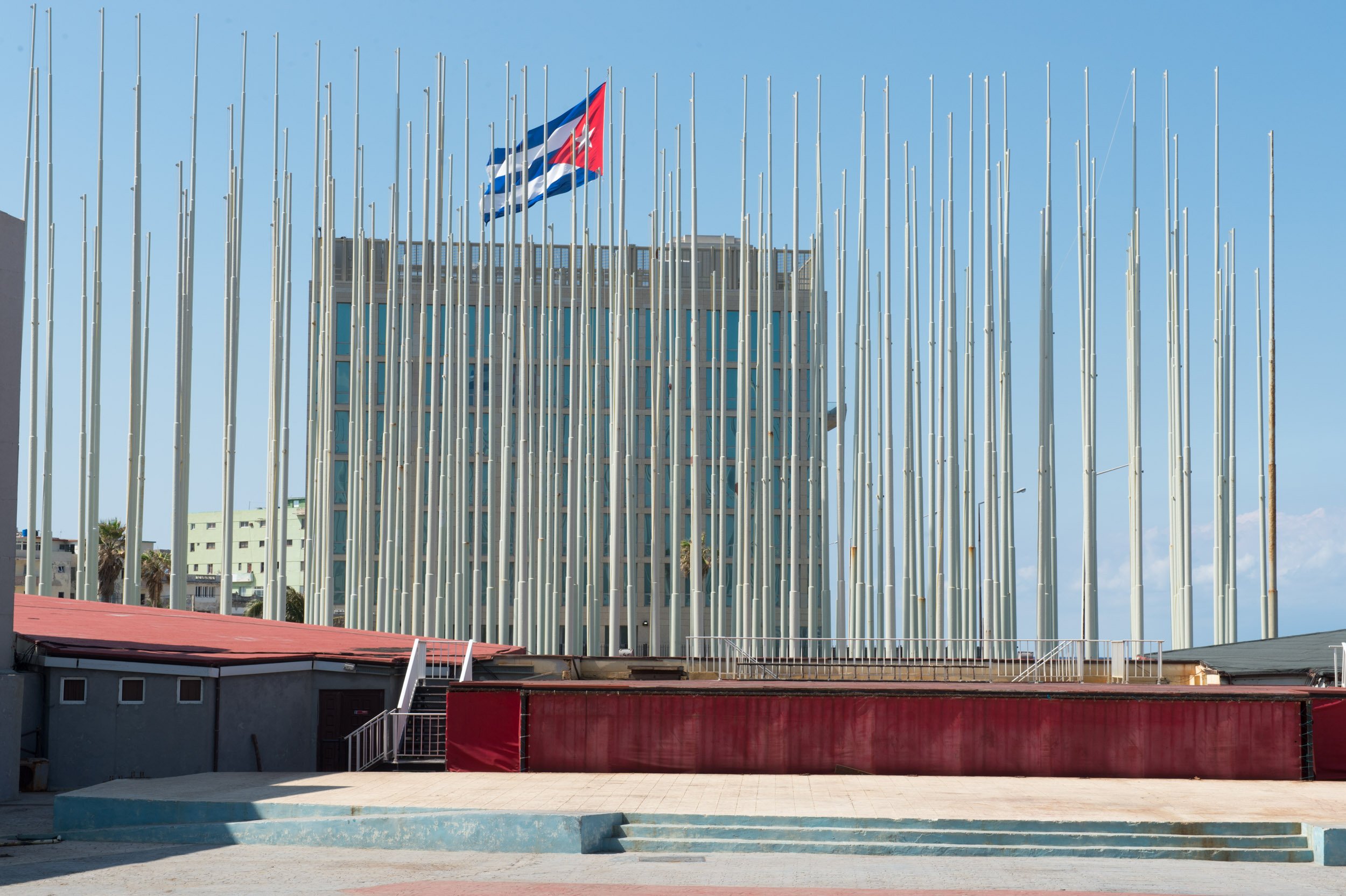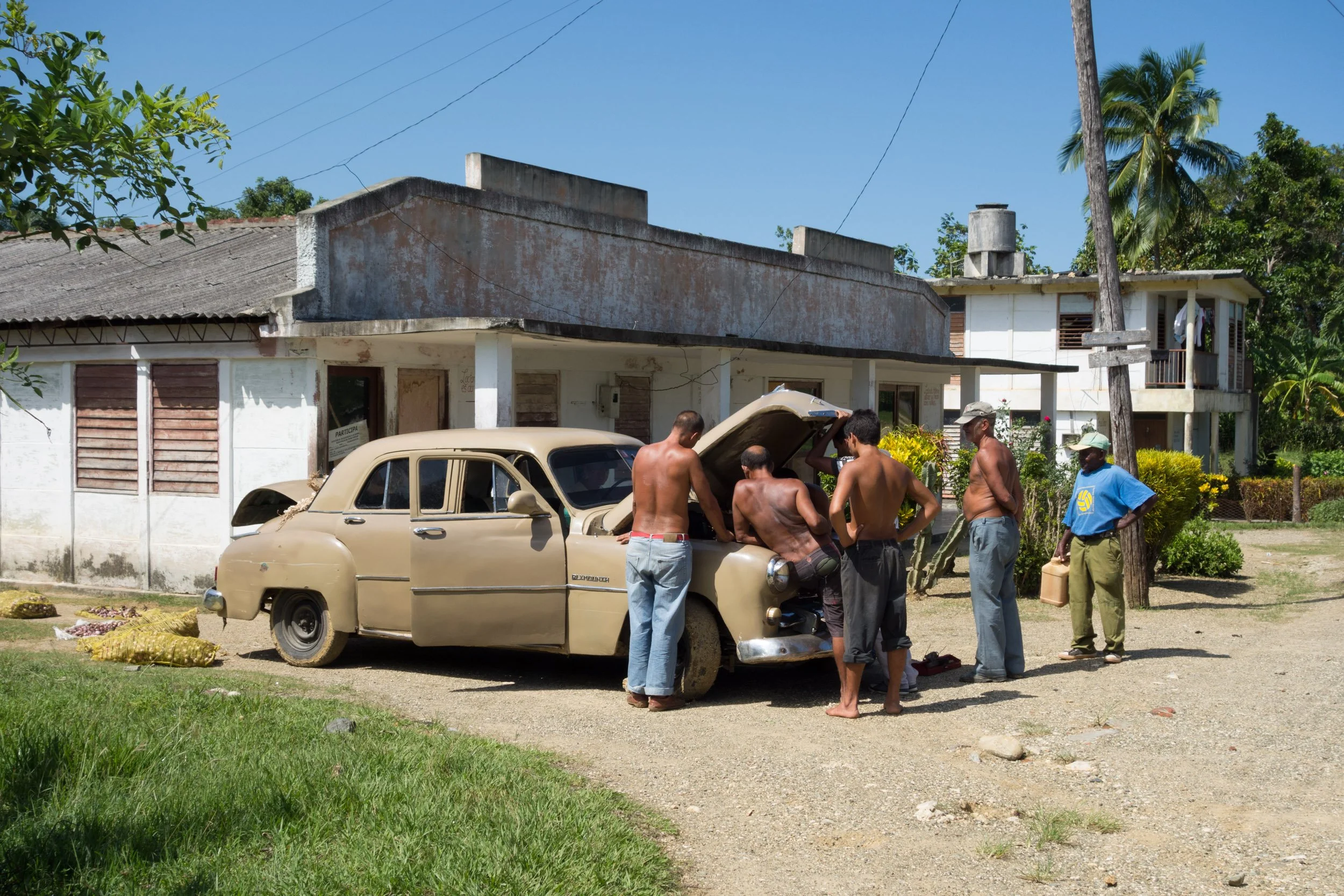Cuba: In a Time of Transition (2012)
Raul Castro took over as President of Cuba in 2008, due to the illness incapacitating his brother, Fidel. This has been a period of liberalization and increasing economic opening. As the government seeks to reduce economically unsustainable public sector employment, entrepreneurial ventures previously prohibited or very tightly constrained are increasing encouraged. New restaurants, repair facilities, and small-scale manufacturers are flourishing.
The U.S. maintains has maintained an embargo on Cuba since shortly after the 1959 Revolution, rooted in a very strong anti-Castro lobby of Cubans in Miami. Recently there has been some lessening of travel restrictions for Cuban-Americans seeking to visit family, and for other Americans traveling there. Cuba is a popular vacation destination for Canadians and Europeans who have no travel restrictions.
I was in Cuba during the 2012 U.S. Presidential election. As the vote in Florida remained too close to call until late into the night, it was clear that our ongoing antipathy towards Cuba is maintained because it would be politically perilous for any American president to defy the Cuban-American lobby and normalize relations.


































